Carlos María Solare discovers a raft of enticing concerts at this year’s spectacle in Bad Kissingen, Germany
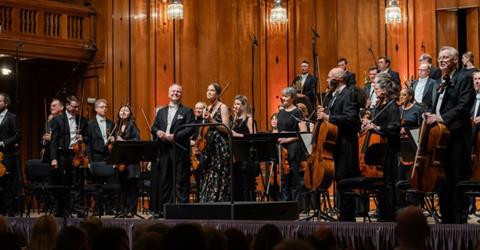
This year’s Kissinger Sommer, focused on Berlin’s musical life past and present, featured many ensembles from the German capital. However, there was a decidedly British angle to its opening weekend, with the BBC Symphony Orchestra in attendance for two concerts and a ‘Symphonic Mob’. This event, a brainchild of the festival’s director Alexander Steinbeis, saw the BBC SO’s members playing alongside amateurs in an impromptu, al fresco performance of chestnuts by Grieg, Prokofiev, Brahms and Wagner, the present reviewer among the 500 participants.
The festival’s opening concert (21 June) featured the BBC SO’s principal conductor Sakari Oramo in a seldom witnessed capacity. In his cantata Der neue Orpheus (a satirical take on the old myth), Kurt Weill dispenses completely with violins until half way through, when a solo violin, impersonating the fabled musician, strikes up various dance rhythms from the Roaring Twenties. Rather than having the orchestra’s leader sit around on his own for half the piece, Oramo picked up the violin and performed the demanding solo from memory – page-turning being out of the question – while imperturbably leading the orchestra through the ever-changing rhythms.
Soprano Anu Komsi (Mrs Oramo) sailed through the cantata’s intricate solo part with aplomb and an excellent feeling for the many-layered Expressionist text. Weill was bookended by two Shakespeare-related pieces: Weber’s Oberon Overture and Mendelssohn’s A Midsummer Night’s Dream, complete with a Shakespeare-derived narration deliciously put across by the well-loved actress Martina Gedeck.
Read: Life Lessons: Timothy Ridout
Watch: Vilde Frang plays Paganini and Schubert
Read: ‘Learning to trust yourself is a never-ending process’ - Nils Mönkemeyer’s life lessons
The BBC SO returned the next day for a concert that included a beautifully three-dimensional interpretation of Beethoven’s ‘Pastoral’ Symphony and Elgar’s Violin Concerto in a typically heartfelt reading from Vilde Frang. Thoughtfully led by Oramo, the performance was drawn in long, well-structured paragraphs, the accompanied cadenza working its intangible magic; throughout, Frang’s rendition of Elgar’s highly personal writing felt completely idiomatic.
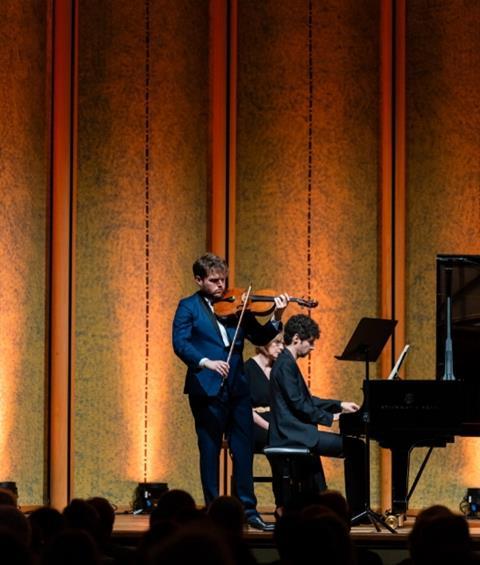
Only a few hours earlier, one of today’s best English string players appeared at the chamber music hall next door. With the nimble-fingered Federico Colli at the piano, Timothy Ridout honoured the festival’s Berlin theme with viola sonatas by W.F. Bach and Mendelssohn alongside Schumann’s perennial Märchenbilder and Brahms’s E minor (Cello) Sonata. In Ridout’s own arrangement, the latter came across as very effective, its potentially muddy-sounding finale arguably sounding better an octave higher. Ridout’s plangent tone sang out all the way up the A string, cheerfully celebrating Brahms’s melodic muse. Colli came to the fore in Mendelssohn’s sonata, its prominent piano part positively sparkling in his hands. Ridout’s contribution made much of relatively few notes, but he came into his own in the concluding flourish. W.F. Bach’s sonata (attributed in one source to Bach’s colleague J.G. Graun) also includes a virtuoso keyboard part, but here the honours are even, Ridout’s demisemiquaver runs competing on equal terms with Colli’s, both players equally adept at underlining the slow movement’s aching dissonances.
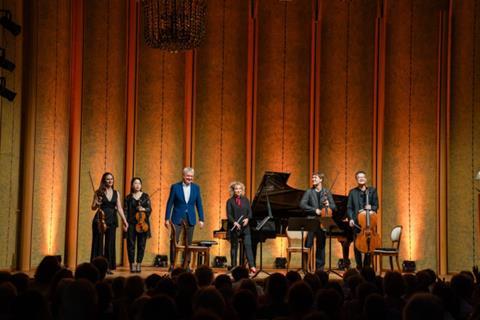
My last concert at Bad Kissingen (23 June) featured the piano duo of Yaara Tal and Andreas Groethuysen in some beautifully phrased Schubert – including the F minor Fantasy – as well as an intriguing arrangement by Carl Burchard of Mendelssohn’s String Octet for string quartet and four-handed piano. While the string parts remain largely unchanged, the overall sound is radically different: the sweeping opening tune, for one, is played by first violin and piano in unison, achieving almost orchestral weight. Burchard made a speciality of such arrangements, and this one was certainly given the best of chances with an all-star string ensemble – Lena Neudauer, Ayaka Uchio, Nils Mönkemeyer and Wen-Sinn Yang – that was obviously having a great time.

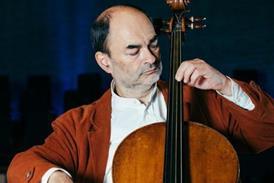
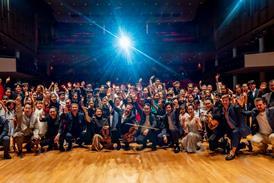
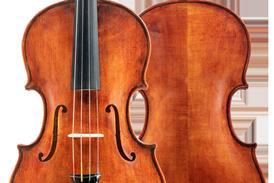





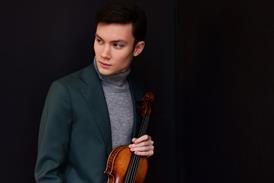
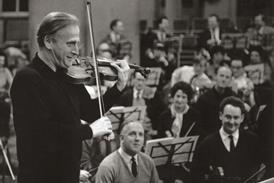
























No comments yet